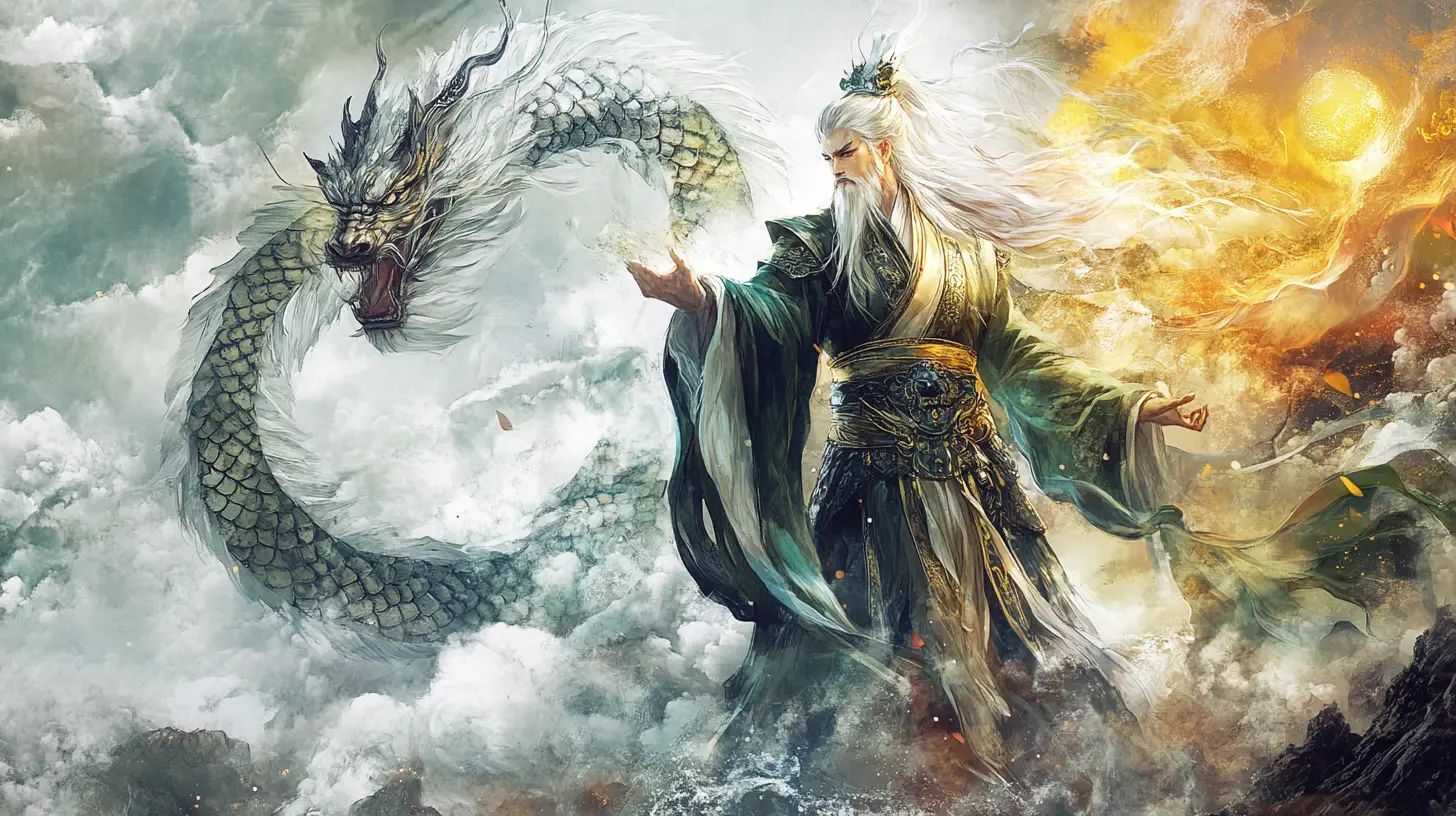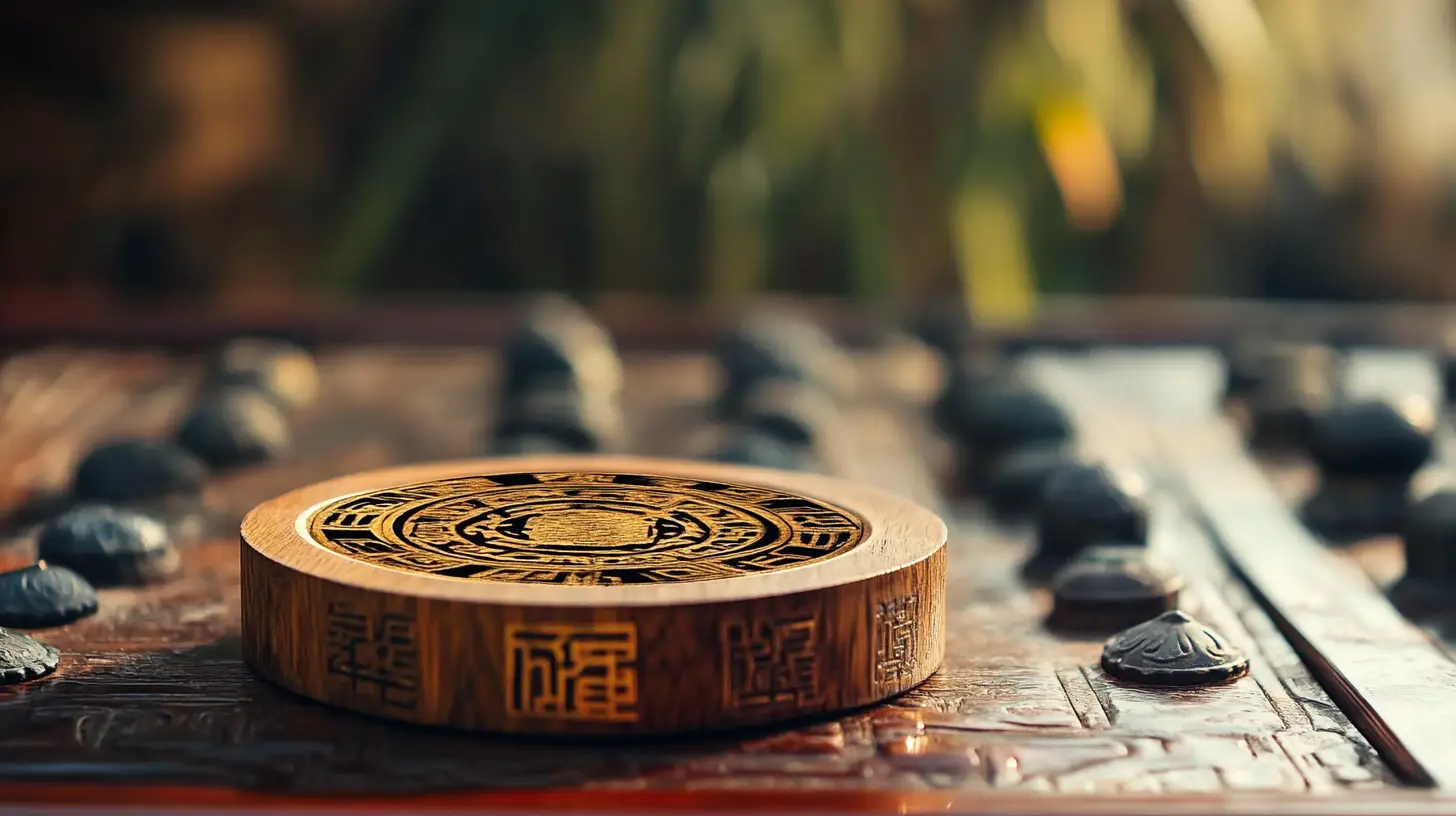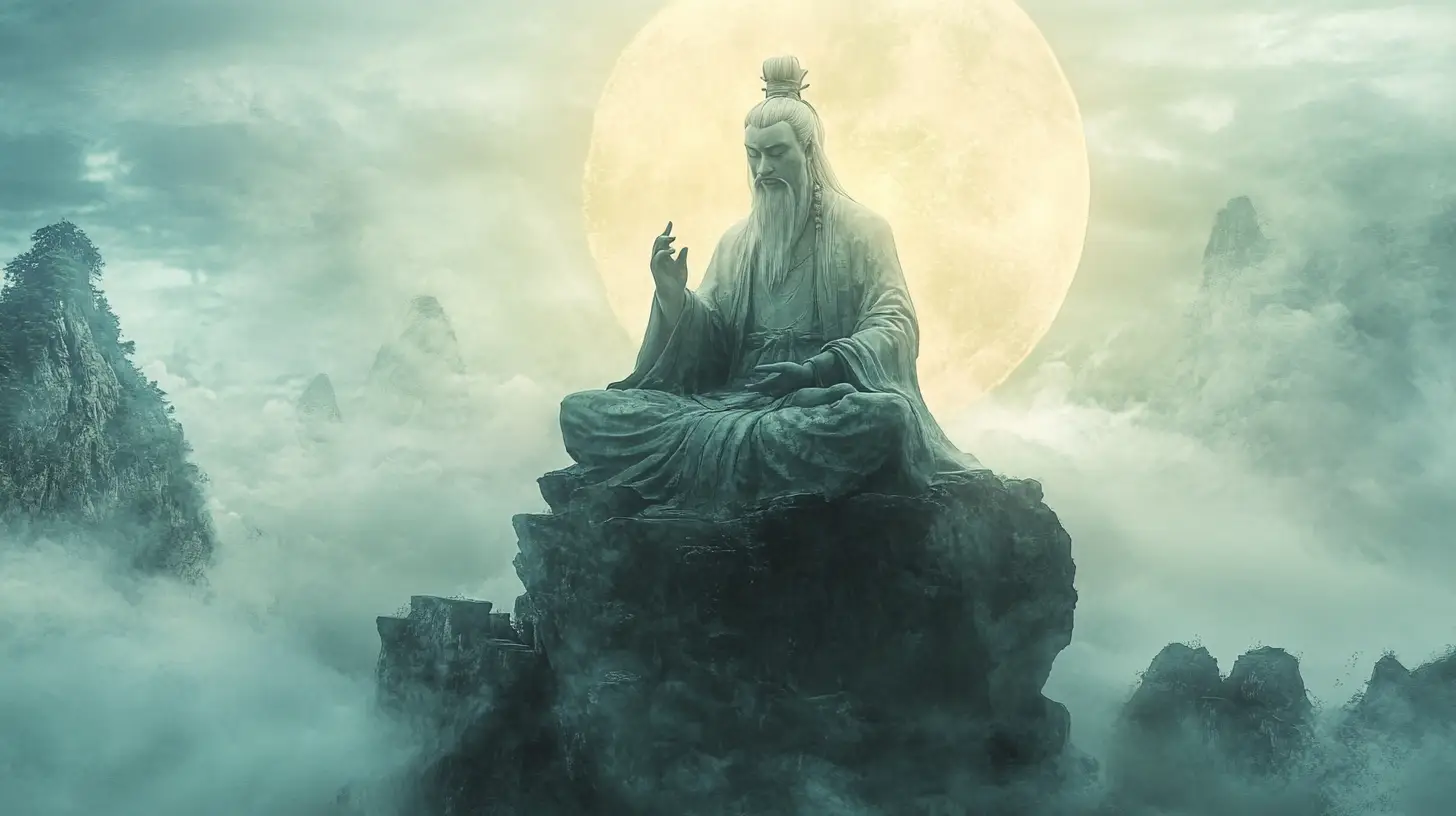With over 250 English versions available, choosing the right Tao Te Ching to read can be overwhelming. This timeless classic by Lao Tzu offers profound insight into Taoist philosophy, but every translation brings a different flavour. This guide compares key translators—including Stephen Mitchell, Ursula K. Le Guin, Red Pine, and Brian Browne Walker—to help you find the translation of the Tao Te that resonates most deeply with your journey into spirituality, Taoism, and ancient wisdom.
In love, nothing is ever static. Feelings deepen, shift, or fade. Communication fluctuates. Paths cross, separate, and reunite. It’s no wonder that seekers have turned to the I Ching, the ancient oracle also known as the Book of Changes, to navigate the complexities of the heart. Whether you’re questioning a breakup, hoping to manifest love, or seeking clarity about a relationship, the I Ching for lovers offers insight that cuts through confusion and connects you to timeless wisdom.
The I Ching, or Book of Changes, is one of the oldest and most profound forms of divination in history. With its roots in ancient Chinese wisdom, it offers guidance through symbolic hexagrams made of yin and yang lines. Today, anyone can access a free I Ching reading online, bringing the clarity of this classic book-of-changes into the digital age.
Start your day with a moment of reflection, insight, and ancient truth. I Ching for today offers a powerful way to connect with the timeless wisdom of the I Ching through a personalised ching reading. Whether you’re facing an obstacle, asking a heartfelt query, or seeking deeper insights into your current situation, this daily I Ching guide reveals the inner dynamics through the symbols of yin and yang, change, and natural flow.
The I Ching, also known as the Book of Changes, is one of the most powerful and enduring oracles in human history. With its roots in ancient Chinese wisdom, the Ching offers deep insight into the cycles of life, nature, and the human spirit. Whether you’re drawn to it for guidance, reflection, or curiosity, this I Ching for beginners guide will show you how to consult the I Ching, create a hexagram, and interpret the changing lines with confidence.
Discover how to consult the I Ching without coins and unlock ancient wisdom through alternative methods. This guide will introduce you to the Book of Changes, explain its core concepts like hexagrams and yin-yang balance, and explore how ching divination can bring clarity to your life—without ever needing to throw coins. Whether you’re new to I-Ching or a seasoned seeker, this article will open new paths for consulting the oracle.
The Tao Te Ching, written by the ancient Chinese philosopher Lao Tzu, is not just a foundational text of Chinese philosophy—it is the sacred scripture of Taoism. Revered for its poetic simplicity and deep spiritual insight, this book of Taoism has guided seekers for over two millennia with teachings about harmony, humility, and living in accordance with the Tao, or “Way.”
What happens when you explore the two greatest works of ancient Chinese philosophy—I Ching and Tao Te Ching—side by side? In this post, we dive deep into the key differences and timeless wisdom found in the Tao Te Ching and the Book of Changes (I Ching), revealing how both have shaped Chinese thought, inspired Taoist and Confucian traditions, and continue to provide guidance for seekers around the world today.
Both the I Ching and astrology have fascinated truth-seekers for millennia. Rooted in deep symbolic systems, each offers unique insights into life, personality, and destiny. But how do they compare? This article explores the differences, overlaps, and hidden correlations between I Ching hexagrams and astrological signs — shedding light on whether one is better suited for divination, and how they might work together for deeper guidance.









